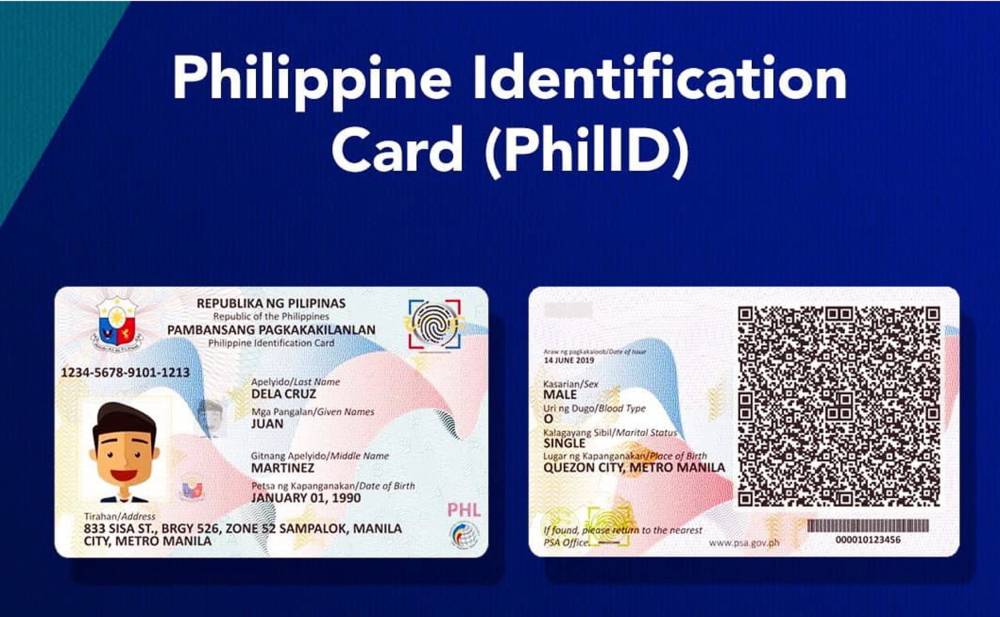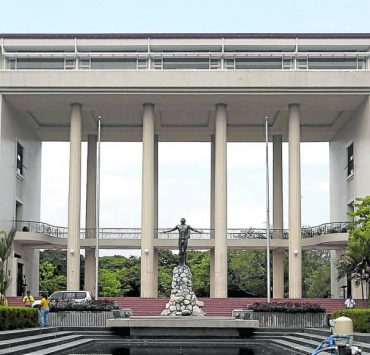QC court issues TRO vs nat’l ID deal cancellation

A Quezon City Regional Trial Court (RTC) has ordered the Bangko Sentral ng Pilipinas (BSP) to stop the termination of its contract with AllCard Inc. (ACI) for the supply of national ID cards.
The BSP issued on Aug. 15 a termination notice due to ACI’s reported “failure to deliver any or all of the goods specified in the contract, amounting to more than 10 percent of the contract price.”
The BSP claimed that this resulted in a production loss of P1.06 billion, equivalent to 49.91 percent of the P2.1-billion contract it had awarded to ACI.
ACI, however, secured a temporary restraining order (TRO) from the Quezon City RTC Branch 76 dated Sept. 9 preventing the BSP from terminating the deal.
The court said it found merit in ACI’s petition, which it said asked for the issuance of a status quo order, TRO and a preliminary injunction with prayer for issuance of a 72-hour TRO in connection with arbitration proceedings it lodged with the Philippine Dispute Center Inc.
Lack of transparency
“The clear and unmistakable nature of the petitioner’s right implies that any action taken to terminate the agreement without due consideration of this right would be in violation of the terms agreed upon by the parties,” read the court’s seven-page order issued by Judge Renato Pambid.
The order likewise noted the magnitude of the P129.65 million in liquidated damages sought by the BSP due to the alleged delays, pointing out that “[g]iven the substantial amount, the right of petitioner to be fully informed of the basis of such damage and the opportunity to explain are imperative.”
‘Lack of disclosure’
It said this failure to fully disclose the reason for ACI’s alleged liability for delays or unsatisfactory performance “casts doubt on the legitimacy of the termination decision.”
“This lack of disclosure raises concerns about the fairness of the respondent’s actions and the adequacy of the information provided to justify the termination,” the court added.
The court also cited the BSP’s terminating the contract on Aug. 15, just a day after a summary hearing it held.
Printing cards illegal
“This premature action adversely affects the petitioner, and in the court’s view, detracts from the broader public interest,” the order read.
Amid the delays of printing of the physical card, the Philippine Statistics Authority (PSA) on Tuesday warned the public that the printing of the Digital Philippine Identification System (PhilSys) or the national ID in polyvinyl chloride (PVC) or plastic cards is strictly prohibited.
It noted that only the PSA is authorized to print and issue the national ID and would penalize any individual or group found guilty of “unauthorized printing, preparation, or issuance” of a national ID, violations that carry jail time of three to six years and fines ranging from P1 million to P3 million.
“Likewise, Digital National IDs printed in PVC cards shall not be accepted as proof of identity and age in any public and private transactions,” the PSA added.
Downloadable
The PSA encouraged the public to instead download the Digital National ID via the website national-id.gov.ph and eGov mobile application.
As of Sept. 7, about 89.7 million Filipinos are now registered under the national ID program, or 97 percent of the 92 million target for the year.
The PSA has delivered 55 million physical cards, while the backlog is at 35 million. INQ





















